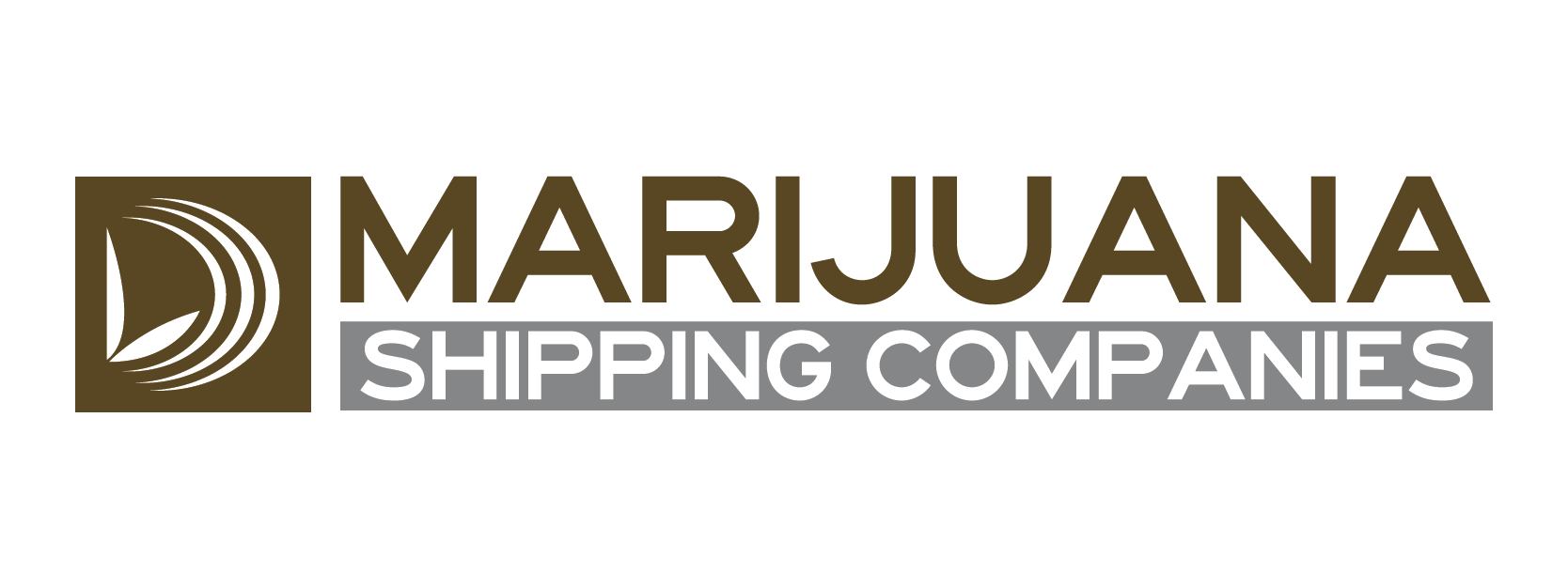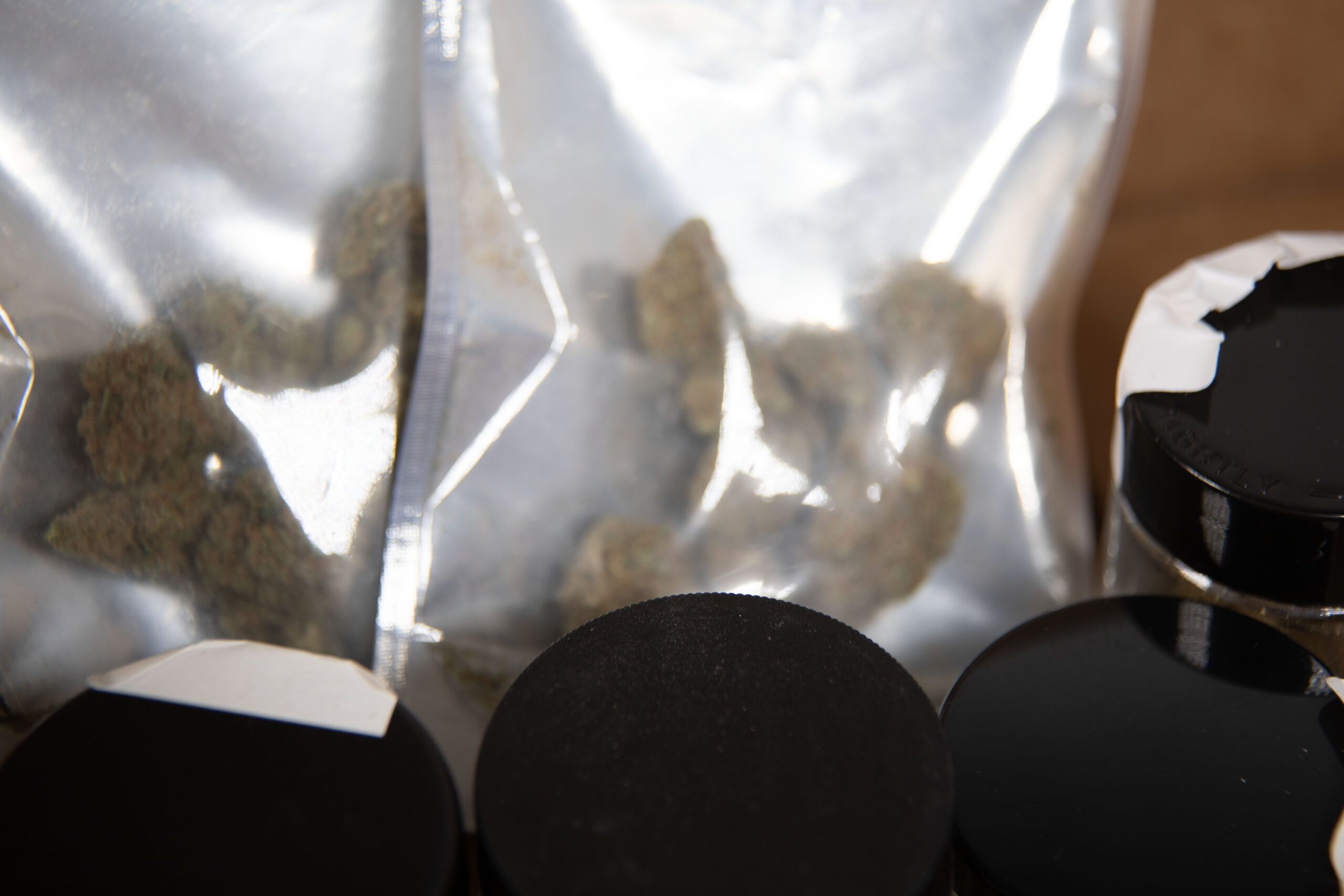Articles
Learn
-
What Cannabis Consumers Expect From Shipping Services—and Why It Matters
Read more: What Cannabis Consumers Expect From Shipping Services—and Why It MattersCustomers expect a seamless combination of convenience, discretion, legal compliance, product quality, and exceptional service from cannabis shipping services. Drawing on trusted industry sources and…




